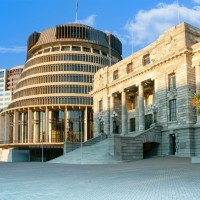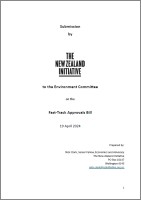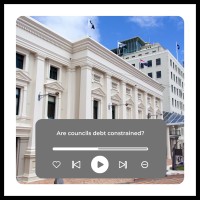New Zealand's productivity puzzle
Imagine two farmers, each with a plot of land. One farmer finds ways to make his land just 1% more productive each year - a bit better irrigation, a new crop rotation strategy, or a slight improvement in fertiliser use. Read more


















